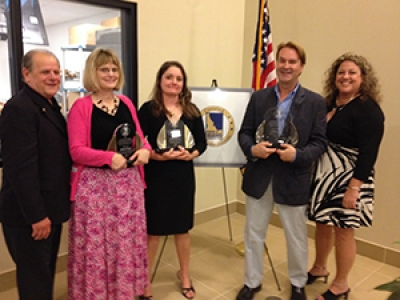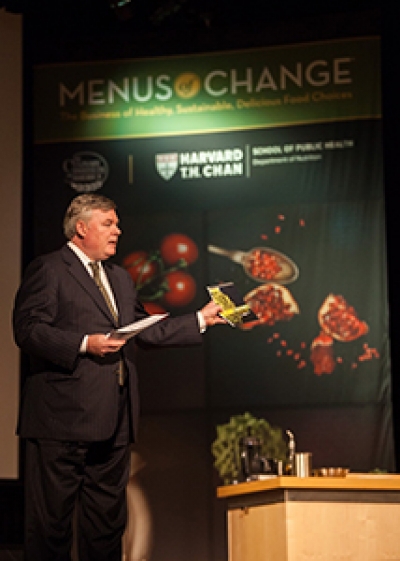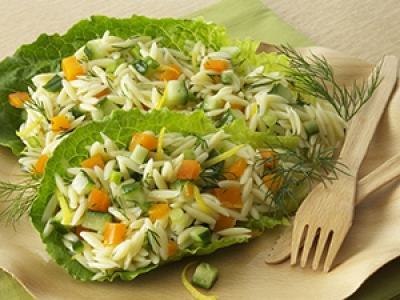
Guest Speaker: What I Wish Every Student Would Learn in Culinary School
Tuesday, 04 August 2015 03:00CAFÉ’s president, editor-in-chief of “Gold Medal Classroom,” reports on an important keynote presentation at the 11th-annual Leadership Conference in Niagara Falls, N.Y., in June.
By Mary Petersen
Chef Christian De Vos (pictured), vice president of Food & Beverage and Guest Services for Delaware North Parks & Resorts based in Buffalo, N.Y., addressed attendees of the 2015 CAFÉ Leadership Conference at Niagara Falls Culinary Institute with a keynote presentation on June 20.




